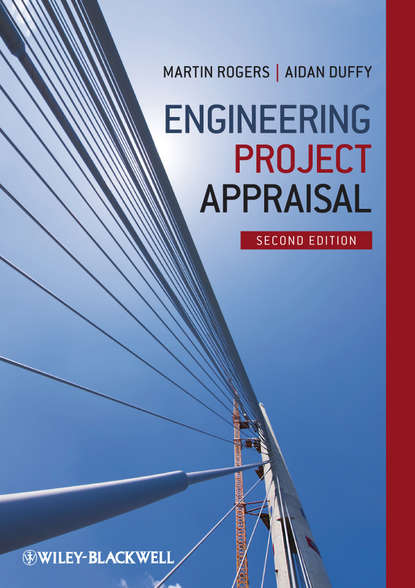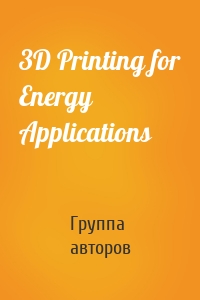
Engineering Project Appraisal скачать fb2
Duffy Aidan - Engineering Project Appraisal краткое содержание
In most cases of civil engineering development, a range of alternative schemes meeting project goals are feasible, so some form of evaluation must be carried out to select the most appropriate to take forward. Evaluation criteria usually include the economic, environmental and social contexts of a project as well as the engineering challenges, so engineers must be familiar with the processes and tools used. The second edition of Engineering Project Appraisal equips students with the understanding and analytical tools to carry out effective appraisals of alternative development schemes, using both economic and non-economic criteria. The building blocks of economic appraisal are covered early, leading to techniques such as net present worth, internal rate of return and annual worth. Cost Benefit Analysis is dealt with in detail, together with related methods such as Cost Effectiveness and the Goal Achievement Matrix. The text also details three multi-criteria models which have proved useful in the evaluation of proposals in the transportation, solid waste, energy and water resources fields: the Simple Additive Weighting (SAW) Model, the Analytic Hierarchy Process (AHP) technique and Concordance Analysis. There is a full discussion dealing with risk and uncertainty in these models. With many worked examples and case studies, Engineering Project Appraisal is an essential text for both undergraduate and postgraduate students on professional civil engineering courses, and it is expected that students on planning and construction management courses will find it a valuable addition to their reading.
Чтобы оставить свою оценку и/или комментарий, Вам нужно войти под своей учетной записью или зарегистрироваться



